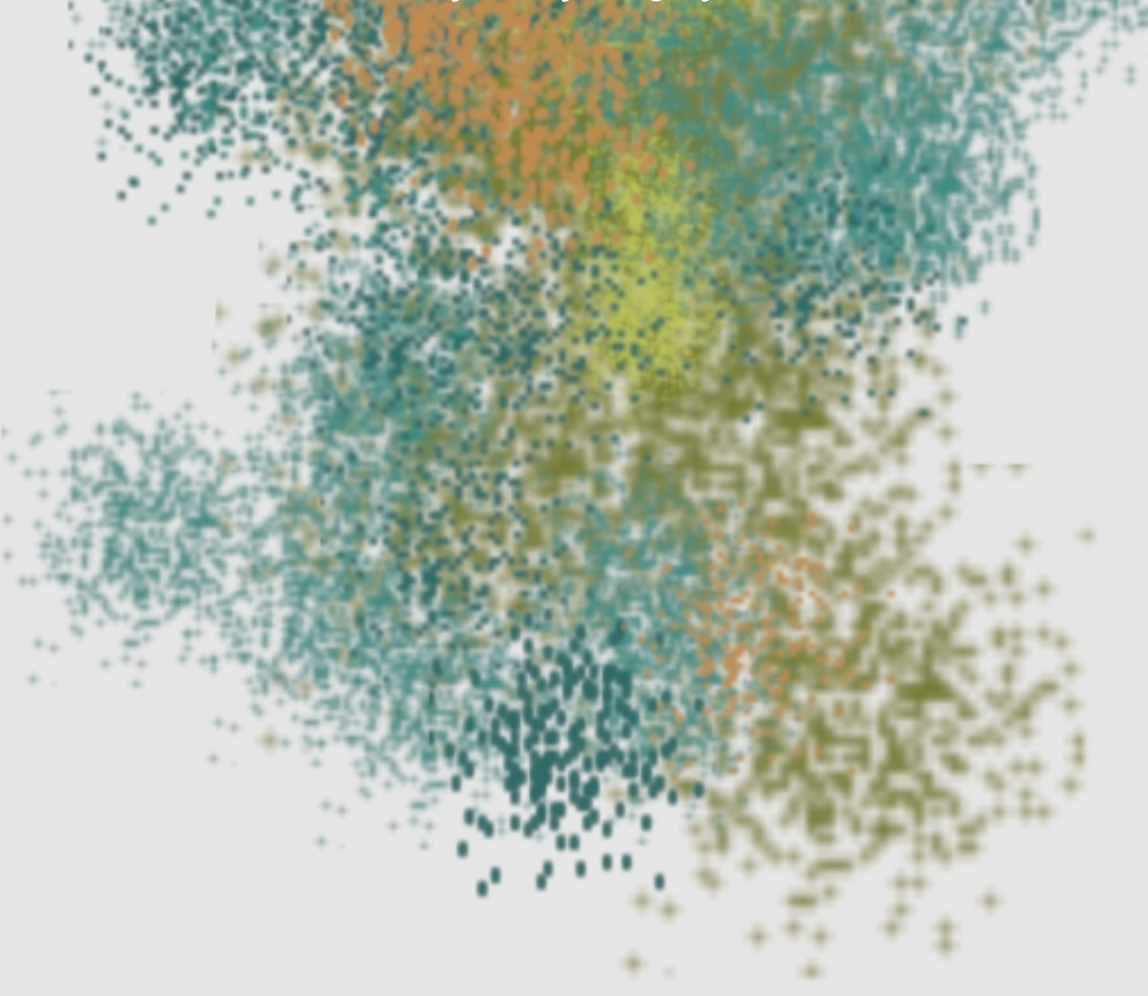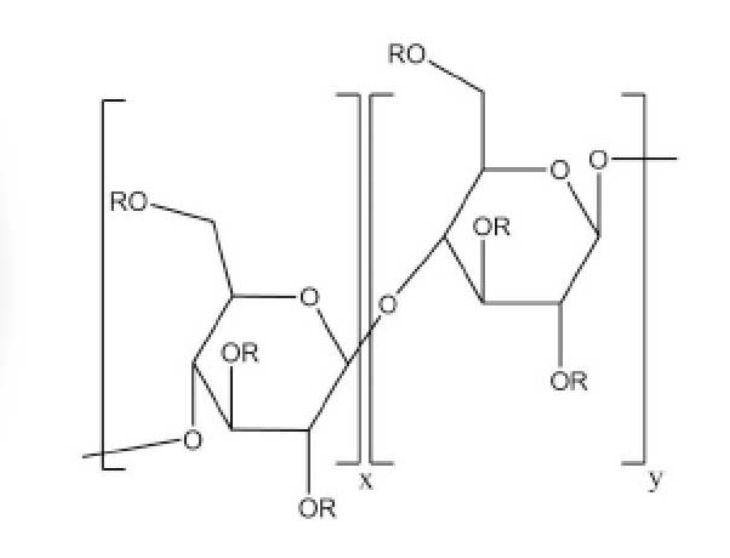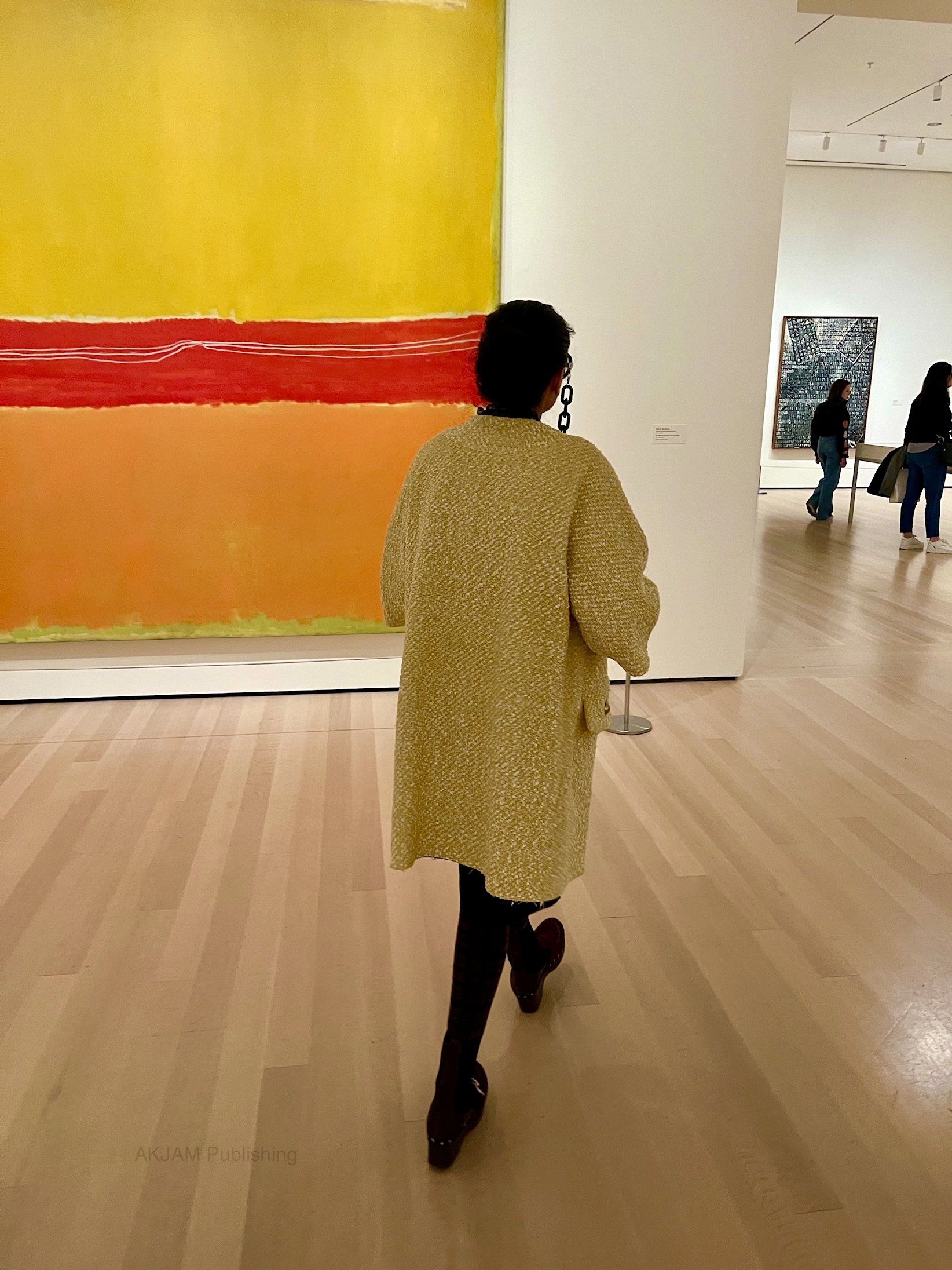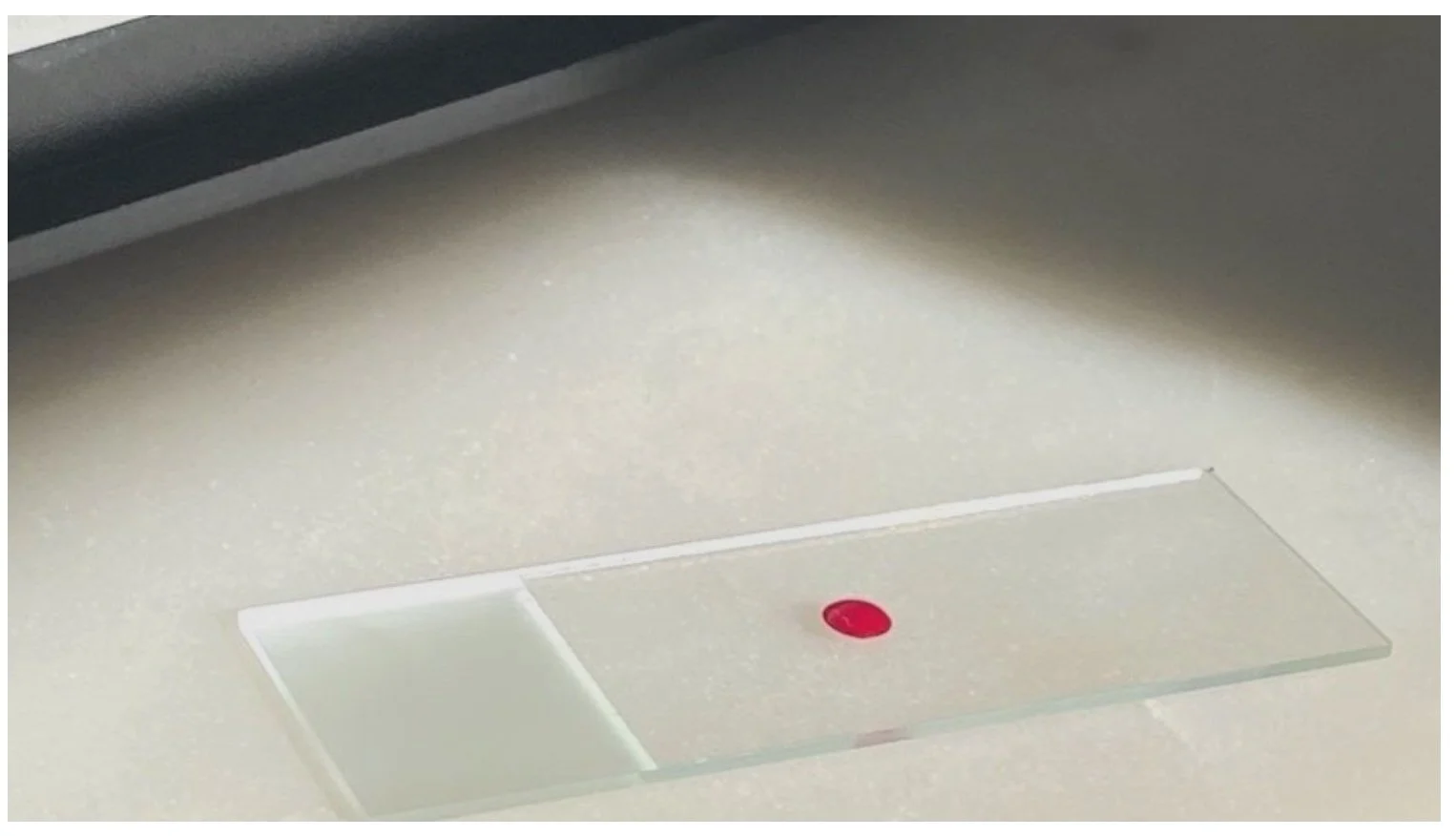When Scientists Speak: Interviewing $cientists
I started interview with a scientist in 2012 to unveil the STEM world. $TEMmers (people taking STEM to the next level) are the unsung leaders of the future. We can’t keep using Einstein and Marie Curie as the sole spokespersons for famous scientists- it limits us on the wide range of experiences from a diverse group of STEMmers. And, Elon Musk is a money man with ideas, his crew of scientists, techies, engineers, and math peeps are the ones engineering those dope rocket ships and cars. Let’s be real- beauty vloggers and fashion influencers get more clout than people responsible for developing cancer therapies, designing climate friendly buildings, or discovering brain paths for schizophrenia. Who are the people of today that are bettering humanity for tomorrow? I seek them out and tell you about them. Interview With A $cientist (IWA$) is their turn to be “Public Figures” and “Influencers”.
The main reason I publish IWA$ is to remove the veil for scientists and non-scientists know what it is like in the world of some of the most uncelebrated powerful people. Sometimes learning the truth is a bit more difficult than expected- in regular life and in STEM life. Some stories are positive, others negative, many a little of both. Learning their stories of rewards, struggles, and gripes can hopefully help us to fix issues when and where they are needed. For example, merit is not always rewarded in biotech and clinical research settings, bad bosses are easier to find than good ones, and the PhD path is curvier than we are taught to expect.
I learned a lot over the years, I hope you do, too.
Excerpts from selected IWA$
Bioteching It
I like the idea of…
making non-drug products that help people live healthy lives.
My boss points out flaws in his employees, but doesn't help them improve. Limited involvement from my boss would help because he doesn't know what he’s talking about. A group of female co-workers builds morale, and HR doesn't like it.
Clinical Toxicity
I like making sure…
they don't kill someone.
It’s scary that a significant number of the people responsible for managing clinical studies are not medical doctors or nurses. I’m impressed to see down-to-earth doctors. Researchers are the brainchild, but don’t make what they deserve. Promotions are given without merit because of a special relationship to the boss. A lot of men cover their ass, kiss ass, and get promoted. In industry, going to HR sometimes doesn’t help. Women are coming up in power positions, men are being more obstructive. My colleagues and I talk about everything and help each other.
PhD Circuit
Research funding for schizophrenia is not easy…
it’s associated with panhandlers.
It’s tough to feel grounded when I also do not know what is happening in the next six months. Neuropsychiatric disorders, such as addiction and different levels of bipolar disorders, have interested me because of that exposure from childhood. I knew the value of having a good mentor and lab environment.
No Profit, No Problem
These are women…
I can look to as mentors.
In my current work environment, I have appreciated the fact that many of the leaders are accomplished women. I originally wanted to have my own lab, but after having children I decided I wanted to transition away from a role that often requires doing research late at night or weekends. It isn't necessary to only follow the traditional path of entering an academic setting and trying to obtain tenure.
Start Me Up
I missed the PostDoc thing…
which I was pleased with.
Early on in my career as a graduate student I realized that I did not want to be a professor. I’ve gotten the taste of start-up life, so I’m interested in seeing what it’s like in big pharma. It will be a really unique and interesting way to be exposed to cutting edge science and being excited about what kind of breakthroughs people are making in the field.
Trading Pipettes for a Cure
I balance being a mom…
worker, and entrepreneur.
This is the most important work that I have done in any job that I have had. I realized that becoming part of their mission was one way to help level the injustices brought on by war and poverty. My training as a bench scientist had very little to do with making me successful in this environment. Now is not the time to be a wallflower, so do the opposite because everyone appreciates someone who is curious. The Reagent Project is the ‘Robin Hood of Sciences’. We take donated material from wealthy labs, like biotech and pharma companies, and redistribute them to scientists and educators in need. I am in the process of building a learning lab in Jamaica and working with scientists in Tanzania.
Catch up on these stories and more at INTRVW WITH A $CIENTIST

























